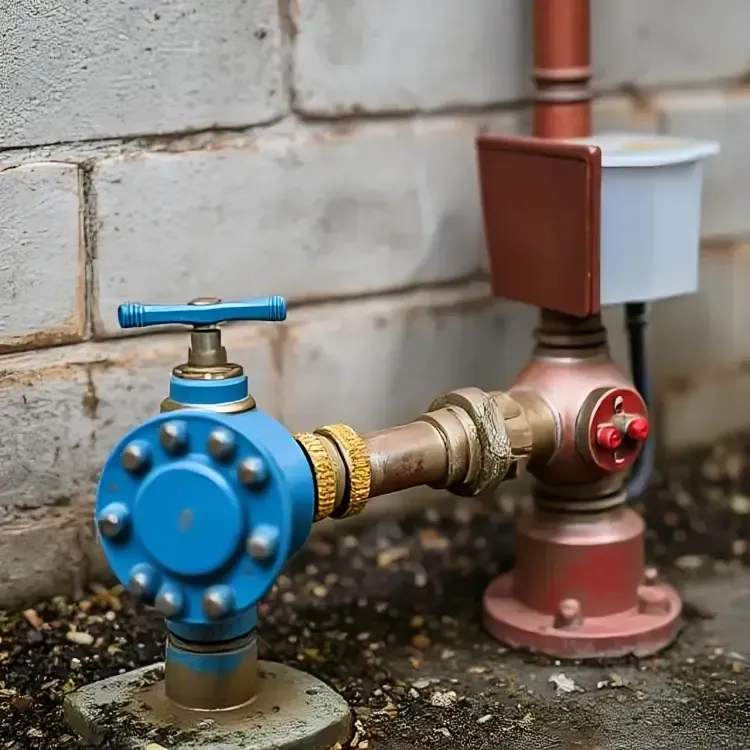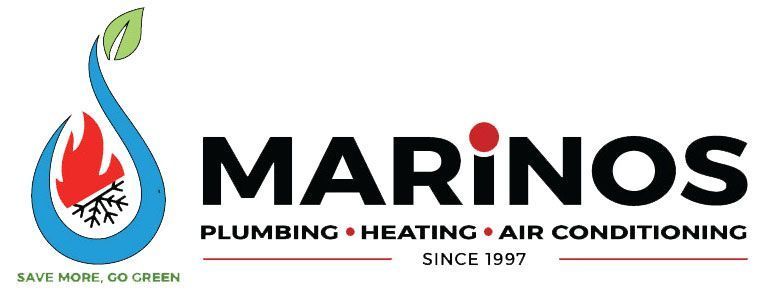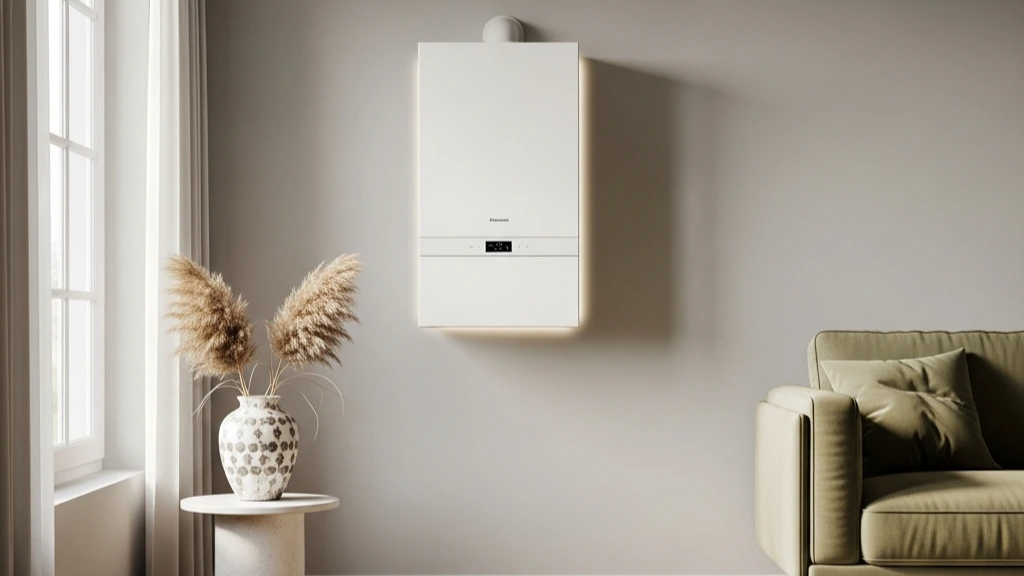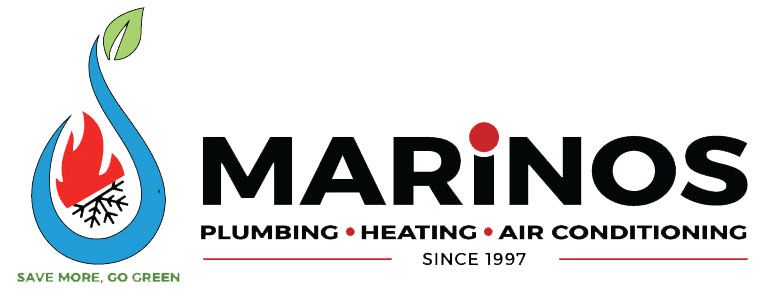Gas Line Safety 101: How to Detect and Prevent Gas Leaks in Your Home
Gas lines are an essential part of many homes, supplying fuel for stoves, water heaters, fireplaces, and outdoor BBQs. However, if not properly maintained, gas leaks can pose serious health and safety risks. Understanding how to detect, prevent, and respond to gas leaks can protect your home and loved ones. Here’s everything you need to know about gas line safety.

How to Detect a Gas Leak
Gas leaks can be dangerous if not identified early. Here are some common warning signs:
1. Unusual Smell
Natural gas is odorless, but gas companies add a chemical called mercaptan to give it a distinctive “rotten egg” smell. If you notice this odor, it could be a sign of a gas leak.
2. Hissing Sounds
If you hear a hissing or whistling sound near a gas line or appliance, it may indicate a leak. Gas escaping from a pipe or fitting can create these noises, especially when the leak is significant.
3. Dead or Dying Plants
If your indoor or outdoor plants suddenly start to wither without any apparent reason, it might be due to a gas leak affecting their root system.
4. Physical Symptoms
Exposure to leaking gas can cause symptoms such as headaches, dizziness, nausea, or difficulty breathing. If multiple people in your home experience these symptoms, leave the area immediately and seek fresh air.
5. Higher Gas Bills
An unexplained increase in your gas bill could indicate that gas is leaking somewhere in your system. Monitoring your gas usage can help you catch leaks early.
How to Prevent Gas Leaks
Taking proactive steps to maintain your gas lines can reduce the risk of leaks and ensure a safe home environment.
1. Schedule Regular Inspections
A professional gas fitter should inspect your gas lines and appliances annually. At Marino’s Plumbing, we provide comprehensive gas safety inspections to detect potential hazards before they become serious problems.
2. Check Connections and Hoses
Regularly inspect gas connections, hoses, and fittings for signs of wear or corrosion. If you notice cracks, rust, or loose fittings, contact a professional to replace them immediately.
3. Install a Gas Leak Detector
Just like smoke detectors, gas leak detectors can provide an early warning in case of a leak. These devices can be installed in areas where gas appliances are used.
4. Keep Vents and Exhausts Clear
Proper ventilation is crucial for gas appliances. Ensure that vents, chimneys, and exhaust pipes are free from blockages to prevent gas buildup.
5. Never Ignore the Smell of Gas
If you ever detect the smell of gas, do not assume it’s harmless. Always take immediate action.
What to Do If You Suspect a Gas Leak
If you suspect a gas leak, follow these steps to stay safe:
- Evacuate Immediately – Leave the house or building immediately. Do not turn on lights, use electrical devices, or ignite flames, as these actions could trigger an explosion.
- Shut Off the Gas Supply – If it is safe to do so, turn off the main gas valve to stop the leak. The shutoff valve is usually located near the gas meter.
- Call a Professional – Contact your local gas company or a certified gas fitter like Marino’s Plumbing to inspect and repair the leak.
- Do Not Return Until Cleared – Only re-enter your home once a professional has confirmed it is safe.
Stay Safe with Marino’s Plumbing
Gas leaks are a serious matter, but with proper precautions and professional maintenance, you can keep your home safe. At Marino’s Plumbing, our certified gas fitters are trained to install, inspect, and repair gas lines with the highest safety standards. Whether you need a gas leak inspection or a new gas line installation, we’re here to help.
Contact us today for a gas safety inspection and ensure peace of mind for you and your family!




